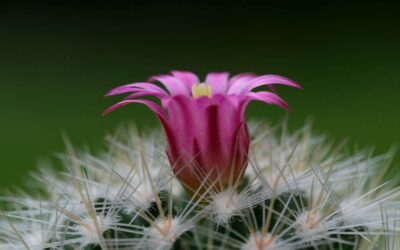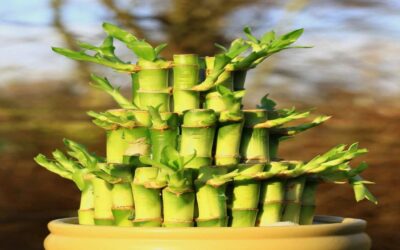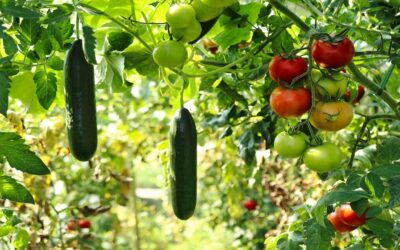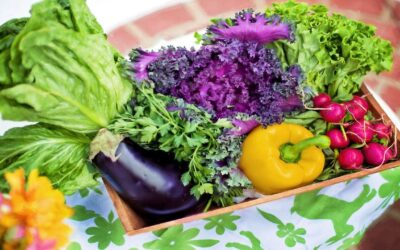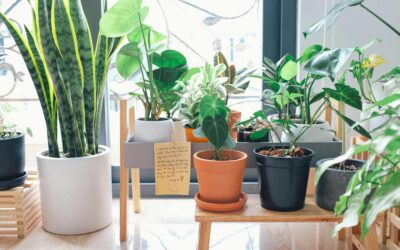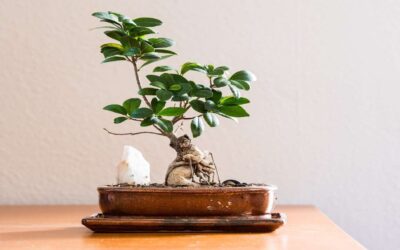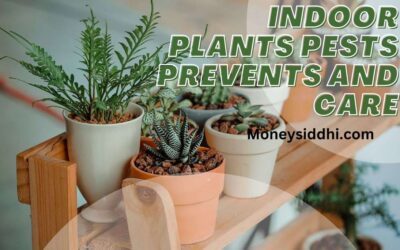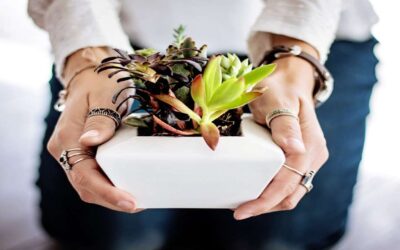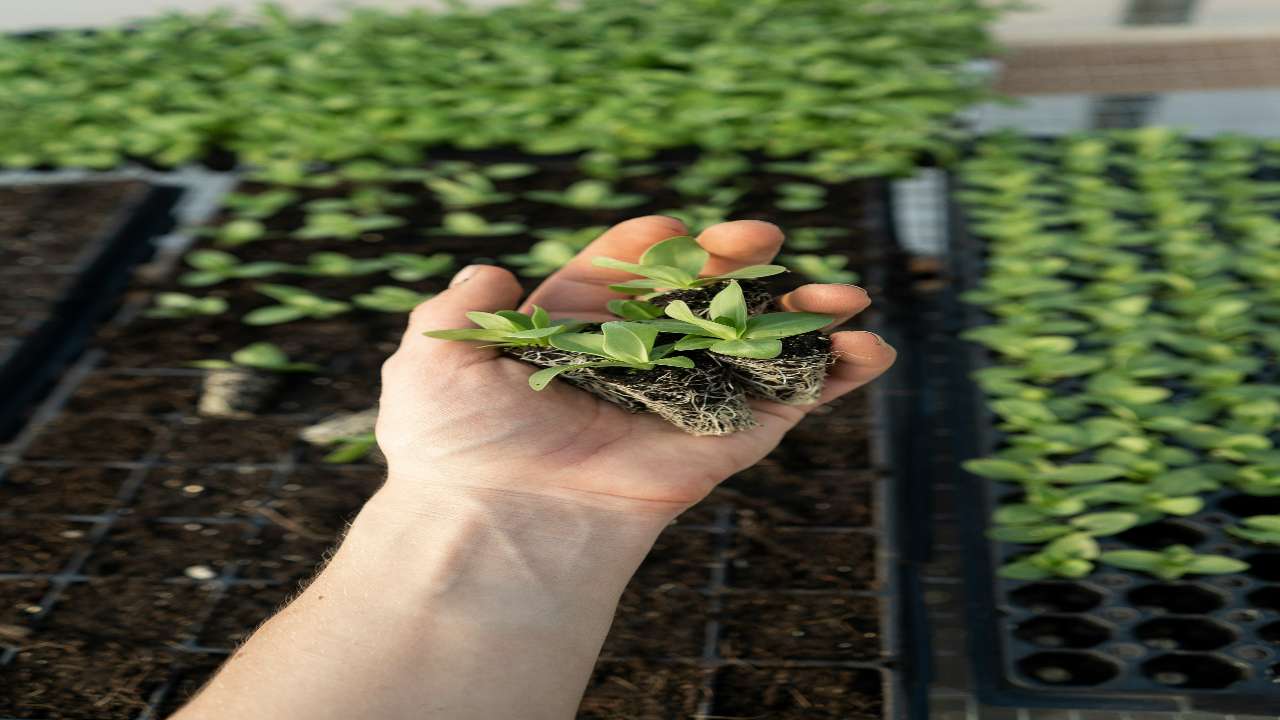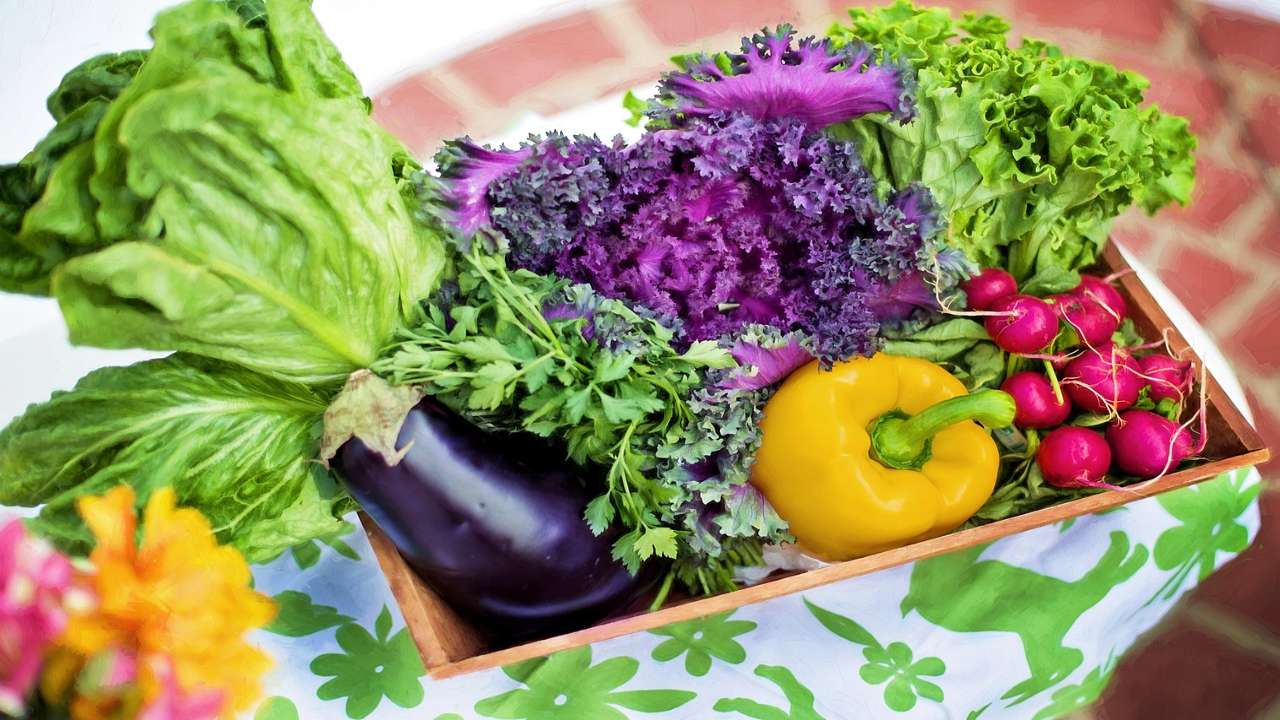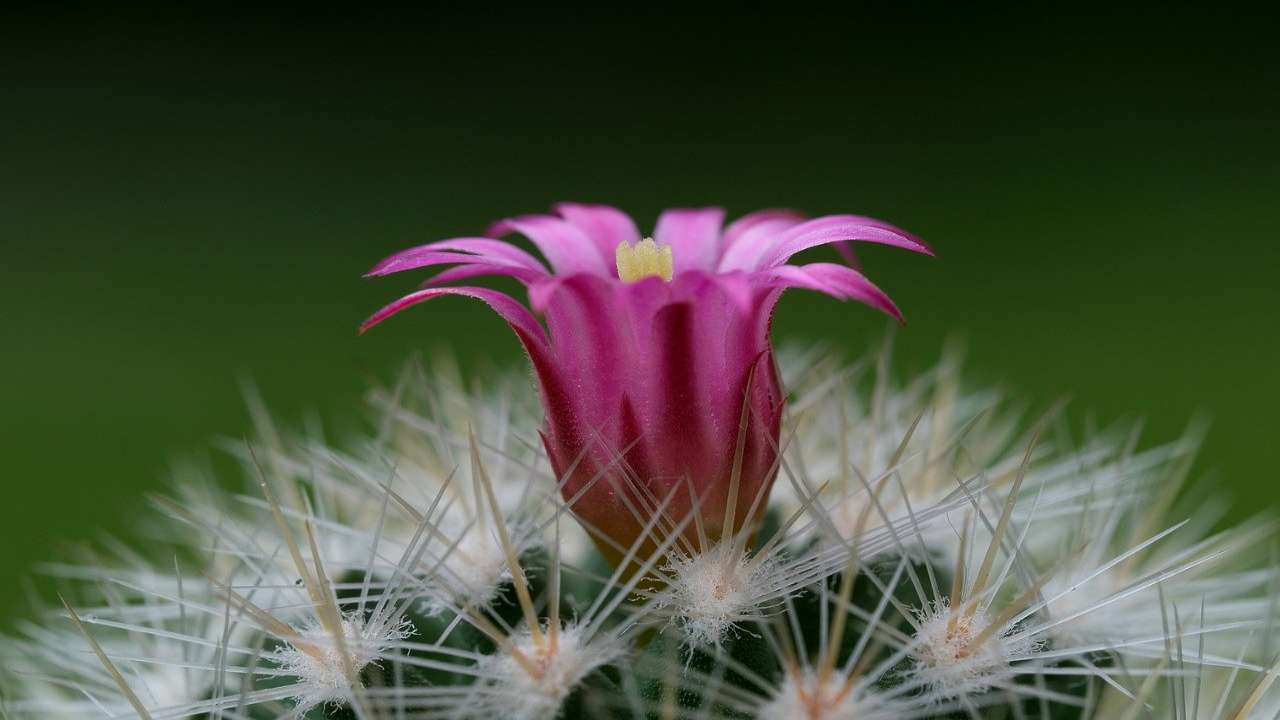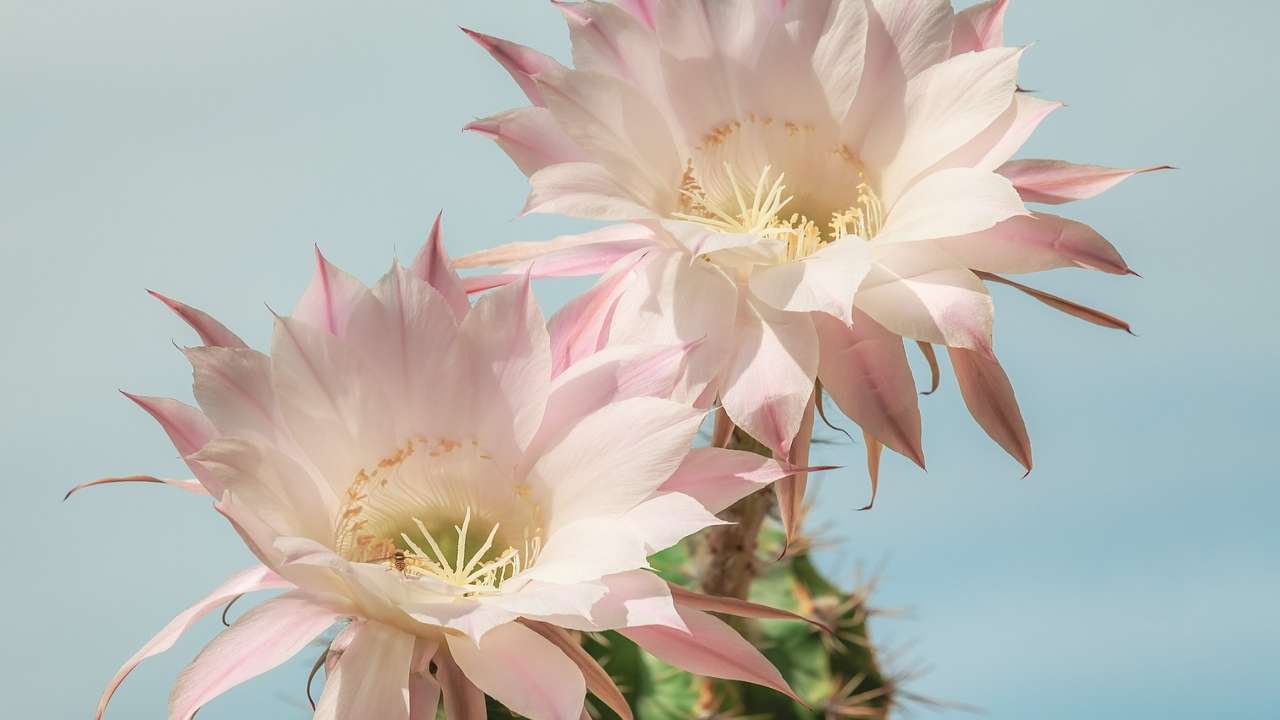Organic gardening is more than just a trend—it’s a sustainable way to grow healthy plants while minimizing harm to the environment. Whether you’re looking to grow your own vegetables, cultivate a lush flower garden, or simply keep your landscape chemical-free, organic gardening is the perfect approach. It’s all about working with nature, rather than against it, to create a garden that thrives without synthetic fertilizers or pesticides.
In this post, we’ll explore 10 simple tips to help you succeed in your organic gardening journey, creating a healthy, chemical-free environment for your plants and yourself.
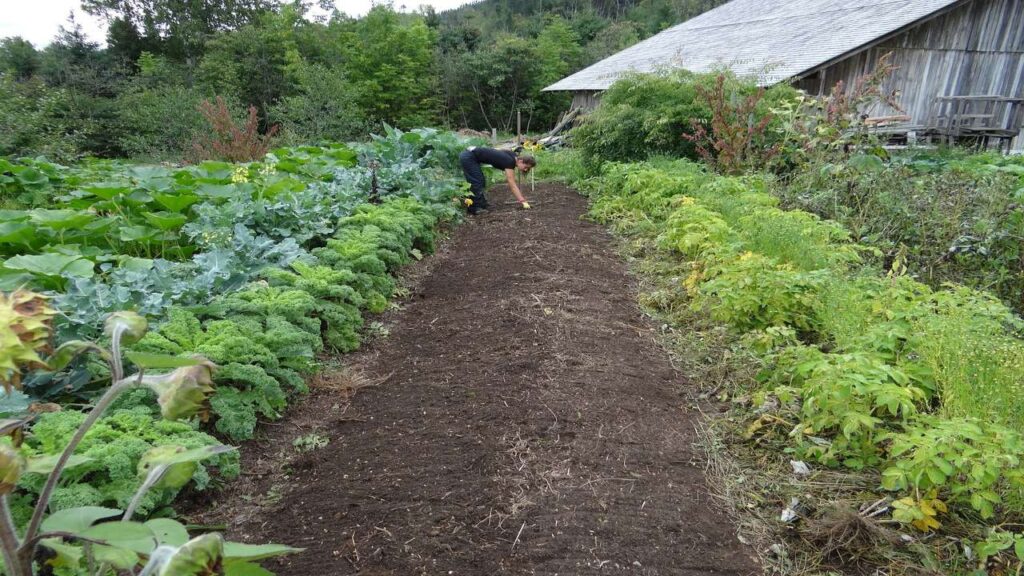
Table of Contents
1. Start with Healthy, Organic Soil – Simple Organic Gardening Tips
Your soil is the foundation of a successful organic garden. Healthy soil contains the essential nutrients plants need to grow strong, as well as beneficial microorganisms that naturally protect plants from disease. One of the best ways to improve your soil quality is by adding organic matter such as compost, leaf mold, or well-rotted manure. These enrich the soil with essential nutrients while enhancing its structure, water retention, and drainage.
You can make your own compost at home from kitchen scraps like vegetable peels, eggshells, and coffee grounds. Adding compost to your soil not only feeds your plants but also reduces waste, making it a win-win for your garden and the environment.
2. Choose Organic Seeds or Seedlings – Simple Organic Gardening Tips
One of the easiest ways to ensure that your garden remains organic from the start is by using organic seeds or seedlings. These seeds are harvested from plants grown without synthetic fertilizers, pesticides, or herbicides. Many local nurseries and online stores specialize in organic seeds, offering a wide variety of fruits, vegetables, and flowers that can be grown organically.
Look for seeds labeled “certified organic” to guarantee that you’re starting with a product free of synthetic chemicals. These seeds often come from plants that are bred to be hardy and resistant to pests, meaning your plants will thrive more naturally in your garden.
3. Implement Crop Rotation – Simple Organic Gardening Tips
Crop rotation is a traditional gardening technique that helps maintain soil health and reduce the risk of pests and diseases. By rotating the types of crops you grow in a particular space each season, you prevent nutrient depletion and disrupt the life cycles of pests that target specific plants.
For example, plants like tomatoes and peppers that are heavy feeders can deplete certain nutrients, while legumes like peas and beans can fix nitrogen into the soil, making it richer for future crops. This natural process keeps your soil balanced and your plants healthy without the need for synthetic fertilizers.
4. Use Natural Pest Control Methods – Simple Organic Gardening Tips
Keeping pests in check without synthetic pesticides is one of the core principles of organic gardening. Instead of reaching for chemical sprays, consider using natural pest control methods such as companion planting, attracting beneficial insects, and creating physical barriers.
- Companion planting involves growing certain plants together that can repel pests or attract beneficial insects. For example, planting marigolds near tomatoes can help deter nematodes, while dill attracts ladybugs that feed on aphids.
- Beneficial insects like ladybugs, lacewings, and parasitic wasps are natural predators of common garden pests. You can attract these insects by planting flowers like dill, fennel, and cosmos.
- Physical barriers such as row covers or netting can prevent pests like cabbage moths or birds from reaching your plants.
5. Water Wisely – Simple Organic Gardening Tips
Water is essential for any garden, but how and when you water can make a big difference in the success of your organic garden. Watering wisely means providing enough moisture for your plants without wasting water or encouraging the growth of disease-causing fungi.
- Water in the early morning: This allows the plants to absorb moisture before the heat of the day, reducing water loss through evaporation.
- Water at the base of plants: Avoid overhead watering, which can promote fungal growth by leaving leaves wet for extended periods.
- Mulch your garden: A thick layer of organic mulch like straw, leaves, or wood chips helps retain moisture in the soil while suppressing weeds and regulating soil temperature.
6. Embrace Mulching – Simple Organic Gardening Tips
Mulching is a simple, yet powerful, organic gardening practice that offers multiple benefits. By adding a layer of organic mulch around your plants, you:
- Retain soil moisture: Mulch reduces evaporation, meaning you’ll need to water less often.
- Suppress weeds: A thick layer of mulch helps prevent weeds from germinating by blocking sunlight.
- Improve soil fertility: As organic mulch breaks down, it releases nutrients into the soil, improving its structure and fertility.
Materials like straw, shredded leaves, or bark chips make excellent organic mulches. They also provide a habitat for beneficial organisms like earthworms, which further enhance your soil’s health.
7. Make Your Own Organic Fertilizers – Simple Organic Gardening Tips
Just because you’re gardening organically doesn’t mean your plants won’t need a nutrient boost from time to time. The key is to use natural fertilizers that enrich the soil without harming the environment. Some common organic fertilizers include:
- Compost tea: This nutrient-rich liquid is made by steeping compost in water, which can then be sprayed directly onto plants or applied to the soil.
- Seaweed extract: Rich in trace minerals, seaweed fertilizer promotes root growth and enhances plant vigor.
- Bone meal and blood meal: These natural products are high in essential nutrients like phosphorus (bone meal) and nitrogen (blood meal), which promote healthy root and leaf growth.
Always apply organic fertilizers according to the needs of your plants and the recommendations on the product label to avoid over-fertilization.
8. Practice Companion Planting – Simple Organic Gardening Tips
Companion planting is the practice of growing different plants together for mutual benefit. Certain plants naturally support each other, whether by repelling pests, improving soil health, or boosting growth. For instance:
- Basil and tomatoes: Basil repels insects that commonly attack tomatoes and enhances their flavor.
- Cabbage and nasturtiums: Nasturtiums attract aphids away from cabbages, acting as a “trap crop.”
- Beans and corn: Beans fix nitrogen into the soil, benefiting nitrogen-hungry corn plants.
By thoughtfully placing plants that benefit each other, you can create a garden ecosystem that thrives without synthetic chemicals.
9. Save Seeds for Next Season – Simple Organic Gardening Tips
One of the most sustainable practices in organic gardening is saving seeds from your current crops to plant in the next season. This not only saves you money but also helps preserve plant varieties and promotes self-sufficiency.
To save seeds, choose open-pollinated plants (not hybrids), harvest seeds from healthy plants, and store them in a cool, dry place. Over time, you’ll develop plants that are better adapted to your specific garden conditions, leading to stronger and more resilient crops.
10. Be Patient and Observant – Simple Organic Gardening Tips
Organic gardening is all about working with nature, and that requires a bit of patience and observation. Spend time in your garden regularly to monitor your plants for signs of stress, pests, or nutrient deficiencies. The sooner you notice a problem, the easier it is to address it organically.
Also, remember that organic gardening takes time. The results may not be instant, but the rewards—a healthier garden, better tasting produce, and a more sustainable environment—are well worth the wait.
Conclusion
Organic gardening offers a rewarding, environmentally friendly way to grow healthy, chemical-free plants. By following these 10 simple tips, you’ll be well on your way to creating a thriving organic garden that nurtures not only your plants but also the environment. With a little patience and commitment, you can cultivate a garden that’s as sustainable as it is beautiful.
Happy gardening!
Here’s a Common Q&A for “10 Simple Organic Gardening Tips for a Thriving, Chemical-Free Garden”:
Q: What is organic gardening?
A: Organic gardening is a method of growing plants without the use of synthetic chemicals like pesticides, herbicides, or fertilizers. Instead, it focuses on using natural materials and methods to maintain soil fertility, control pests, and encourage plant health.
Q: Why is compost important for organic gardening?
A: Compost is essential in organic gardening because it enriches the soil with nutrients and beneficial microorganisms, improves soil structure, and helps retain moisture. By adding organic matter to your garden, compost naturally boosts plant growth without the need for chemical fertilizers.
Q: Where can I find organic seeds?
A: Organic seeds can be purchased at most local nurseries, garden centers, or online stores that specialize in organic gardening supplies. Look for seeds labeled as “certified organic” to ensure they are free from synthetic chemicals.
Q: How does crop rotation benefit organic gardens?
A: Crop rotation helps maintain soil health by preventing nutrient depletion and reducing pest and disease buildup. By planting different types of crops in a particular area each season, you avoid the overuse of certain nutrients and disrupt the life cycle of pests that target specific plants.
Q: What are some natural pest control methods for organic gardening?
A: Natural pest control methods include:
- Combine planting, where many plants are grown together
- Attracting beneficial insects like ladybugs and lacewings, which feed on harmful pests.
- Using physical barriers such as row covers or netting to protect plants from pests.
These methods help control pests without the use of synthetic pesticides.
Q: When is the best time to water plants in an organic garden?
A: The best time to water is early in the morning. This allows plants to absorb moisture before the day’s heat causes evaporation, and it gives foliage time to dry, which helps prevent fungal diseases.
Q: What materials can I use for organic mulch?
A: Organic mulches include straw, shredded leaves, grass clippings, wood chips, or bark. These materials help retain moisture, suppress weeds, regulate soil temperature, and improve soil fertility as they decompose.
Q: Can I make my own organic fertilizer?
A: Yes! Common homemade organic fertilizers include compost tea, seaweed extract, and natural amendments like bone meal or blood meal. These fertilizers provide essential nutrients to your plants while keeping your garden chemical-free.
Q: How does companion planting work in organic gardening?
A: Companion planting involves placing plants together that benefit one another. For example, basil repels pests that target tomatoes, while marigolds can deter nematodes from attacking the roots of other plants. This technique naturally improves pest control and supports plant health.
Q: Why should I save seeds from my organic garden?
A: Saving seeds allows you to grow plants that are well-adapted to your local environment. It also promotes sustainability, saves money, and helps preserve heirloom plant varieties. Seed saving is a key practice for maintaining a self-sufficient organic garden.
Q: What is the biggest challenge in organic gardening?
A: One of the main challenges in organic gardening is patience. Since organic methods work in harmony with nature, it may take longer to see results compared to conventional gardening methods that rely on quick fixes like chemical fertilizers or pesticides. However, the long-term benefits—such as healthier plants, better soil, and reduced environmental impact—are well worth the effort.
Q: How do we know if our garden is truly organic?
A: A garden is considered truly organic if no synthetic chemicals, fertilizers, or pesticides are used. Organic gardeners rely on natural methods for fertilizing, pest control, and soil management. Using organic seeds, practicing crop rotation, mulching, and adding organic compost are all essential practices for maintaining an organic garden.

